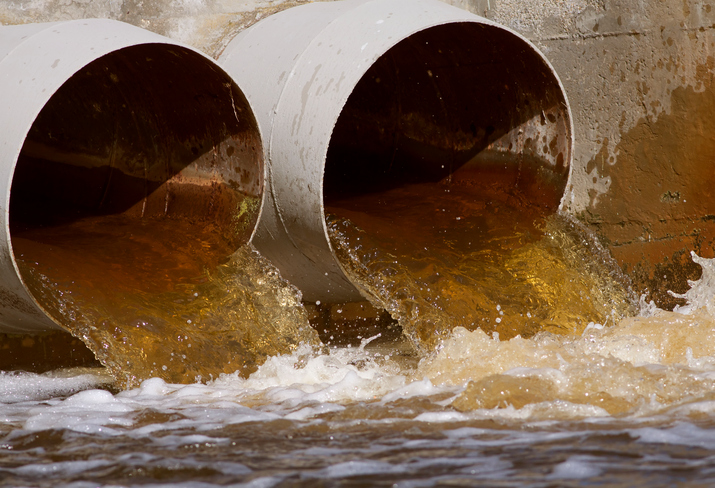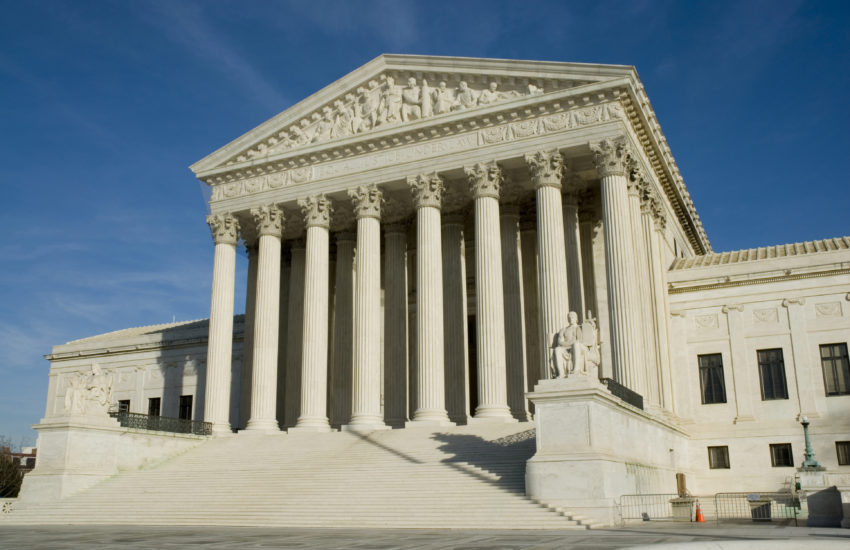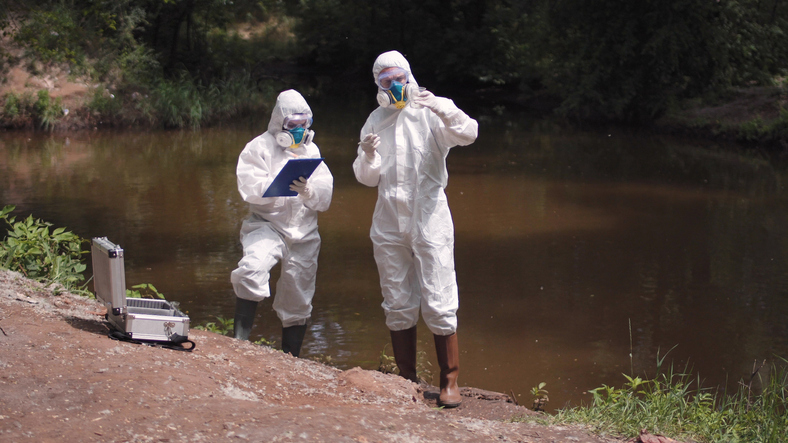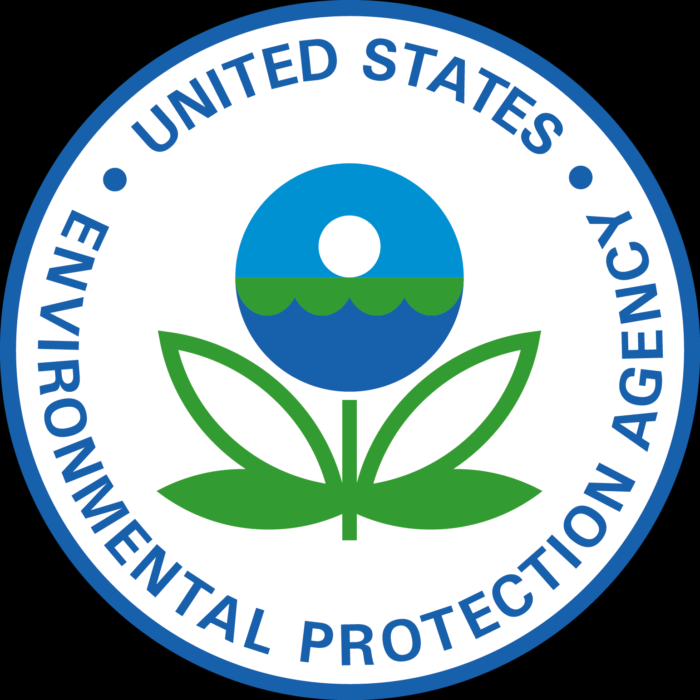The Ninth Circuit Court of Appeals has heard from the parties in a suit challenging the U.S. Environmental Protection Agency’s decision to allow more widespread applications of dicamba. In 2016, the EPA approved dicamba for a conditional two-year registration. The agency allowed the more widespread use of dicamba, previously considered a volatile herbicide, as long as incidents of the pesticide harming other crops “are not occurring at unacceptable frequencies or levels.” In 2018, despite more than 4,200 official complaints that alleged damage to at least …
Continue Reading









